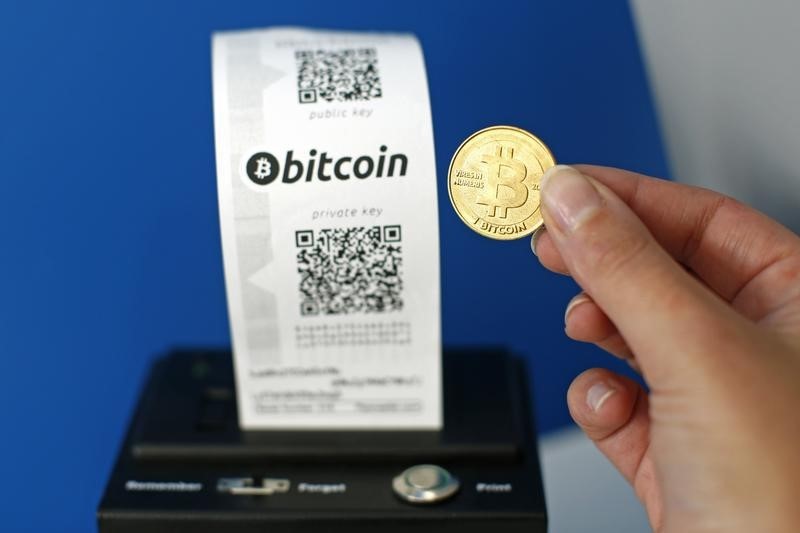U.Today - The U.S. District Court for the Southern District of New York a mixed verdict in the high-profile case between the Securities and Exchange Commission (SEC) and Terraform Labs.
Judge Jed Rakoff ruled in favor of the SEC, declaring that Terraform Labs had offered and sold unregistered securities.
However, the court also sided with Terraform in some aspects, particularly regarding the claims involving offering and effecting transactions in security-based swaps.
Investment contracts
Judge Rakoff's ruling puts the spotlight on the Howey Test, a cornerstone of securities law, and its application to the crypto world.The SEC's case hinged on the argument that Terraform's digital assets are "investment contracts" and thus securities under the law.
The defense's push to sidestep decades of established Supreme Court and Second Circuit law didn't hold up.
The court found that UST, in combination with the Anchor Protocol, unequivocally met the criteria of an investment contract.
Despite Terraform's contention that UST was not a security in isolation due to its stable $1 value, the court pointed to the promotional efforts and the high yield promises associated with Anchor Protocol, which swayed the verdict.
The decision clarifies the broad scope of the Howey Test in the context of modern digital assets
Broader implications
This ruling might be a wake-up call for the entire crypto industry. It sets a precedent that could affect other cryptocurrencies, particularly those like , which operate under similar mechanisms.Platforms like Coinbase (NASDAQ:COIN), which are deeply integrated with such digital assets, might need to tread more carefully given the increased regulatory scrutiny.
